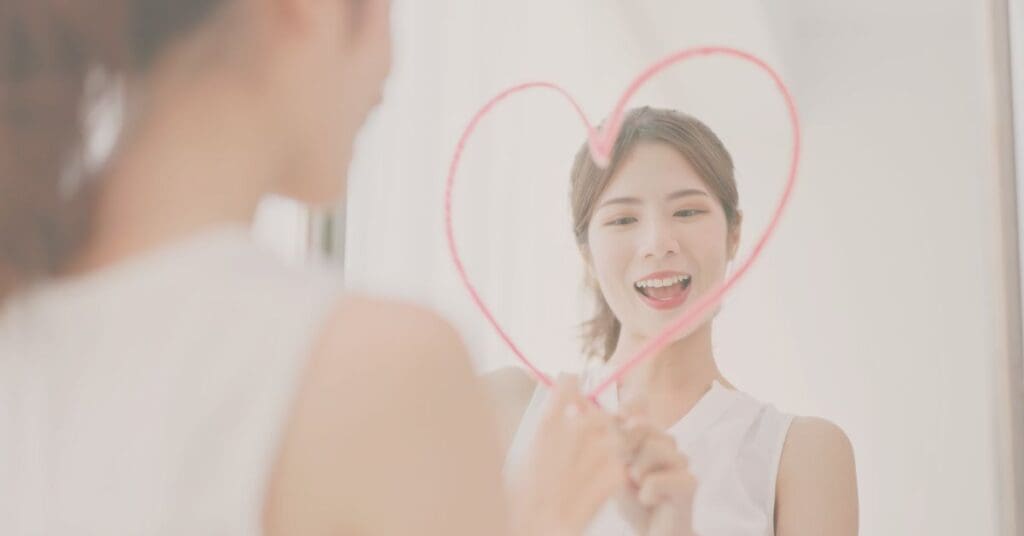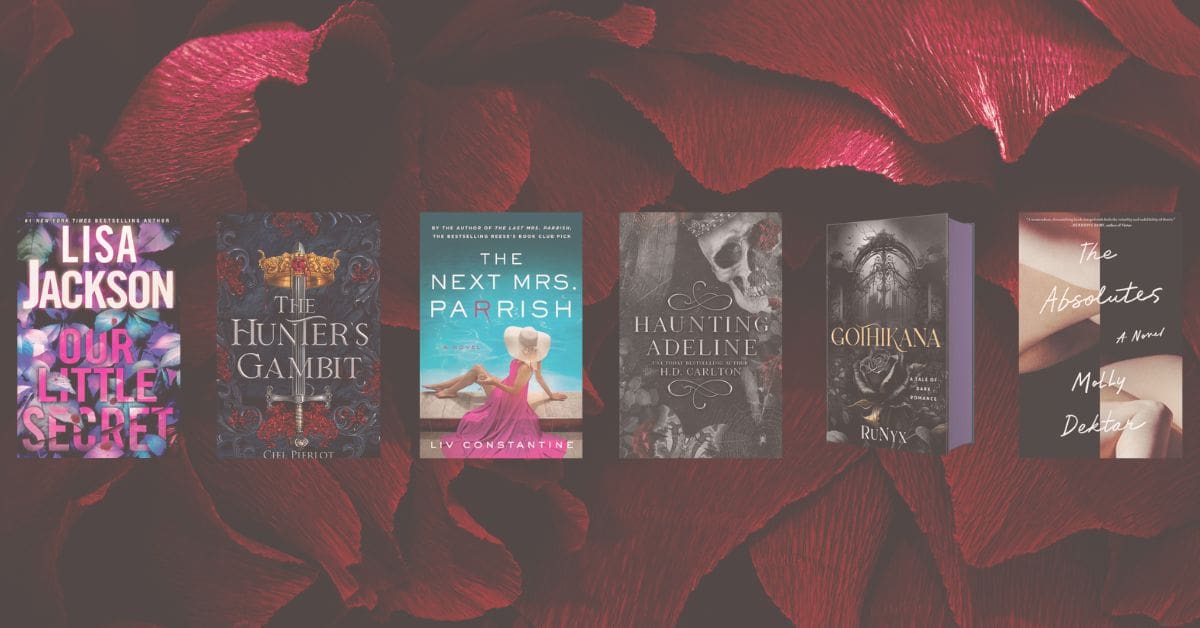Welcome to the third week of our series, 4 Black Poets to Know. This week we’re celebrating the remarkable and multi-award-winning poet, Lucille Clifton.
After studying at Howard University and SUNY Fredonia, Clifton, a New York native published her first book of poems, Good Times, in 1969. Similarly to the first writer featured in this series, Margaret Walker, Langston Hughes also played a part in Clifton’s career. Hughes published one of her pieces in his anthology, The Poetry of the Negro (1970). It was clear he recognized the originality, heart, and courage in Clifton right away. Soon, the rest of the world would see it too.
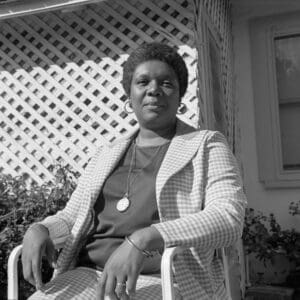
Clifton’s bare-bones approach to poetic structure enhances the raw and complex subjects of her poetry.
In Good News About the Earth: New Poems (1972), Clifton’s writing is focused on celebrating African-American culture, political movements of the time and the world through the eyes of a Black woman. Yet Clifton’s work skillfully transcends race and gender, encompassing all walks of life and diving into what it means to be human. Her work began to mirror her world more directly in The Terrible Stories (1996) and Blessing the Boats: New and Selected Poems, 1988-2000. After the unfortunate loss of two of her six children and several bouts with various types of cancer, Clifton’s art evolved to discuss vulnerable and universal truths of womanhood, life, death and the afterlife. Her poetry fearlessly narrates the tragedy of loss just as gracefully as it describes the joy of survival.
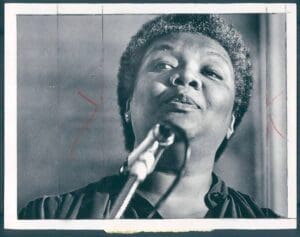
Though Lucille Clifton and her husband, Fred Clifton, have both passed, their legacies live on. Clifton’s oldest daughter bought their family home in Baltimore, Maryland and has since turned it into a safe creative space called The Clifton House where emerging artists can network, attend virtual workshops, and explore their artistry. From books and memoirs to poems and children’s literature, Lucille Clifton’s bravery radiates through her work allowing readers into the most intimate parts of her world. Clifton’s vulnerability holds space for every reader to find pieces of themselves in every piece while reminding us that life is meant to be seen and shared.
We recommend beginning with Good Woman: poems and a memoir 1969-1980. In here, you’ll find Clifton’s most loved work in one beautifully collected place, serving as a timeline of her life and art.
Shop This Article:


$25.76

$13.75

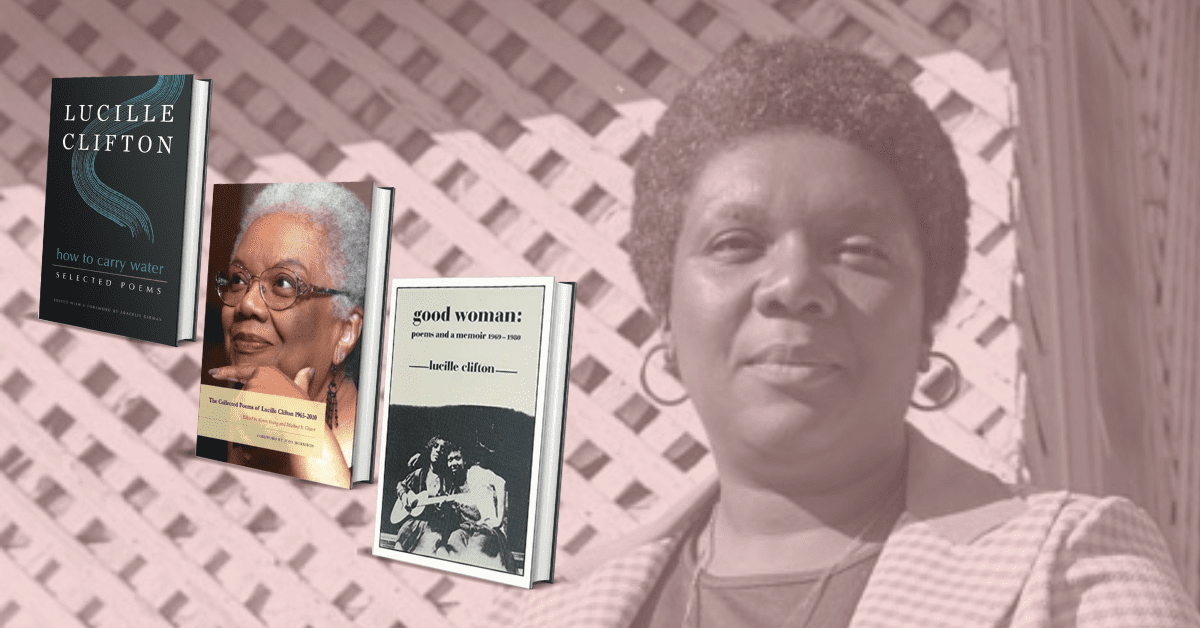
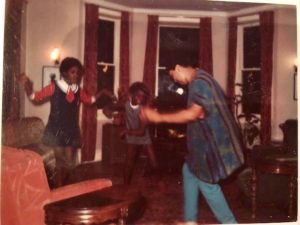 Clifton’s bare-bones approach to poetic structure enhances the raw and complex subjects of her poetry.
Clifton’s bare-bones approach to poetic structure enhances the raw and complex subjects of her poetry. 
